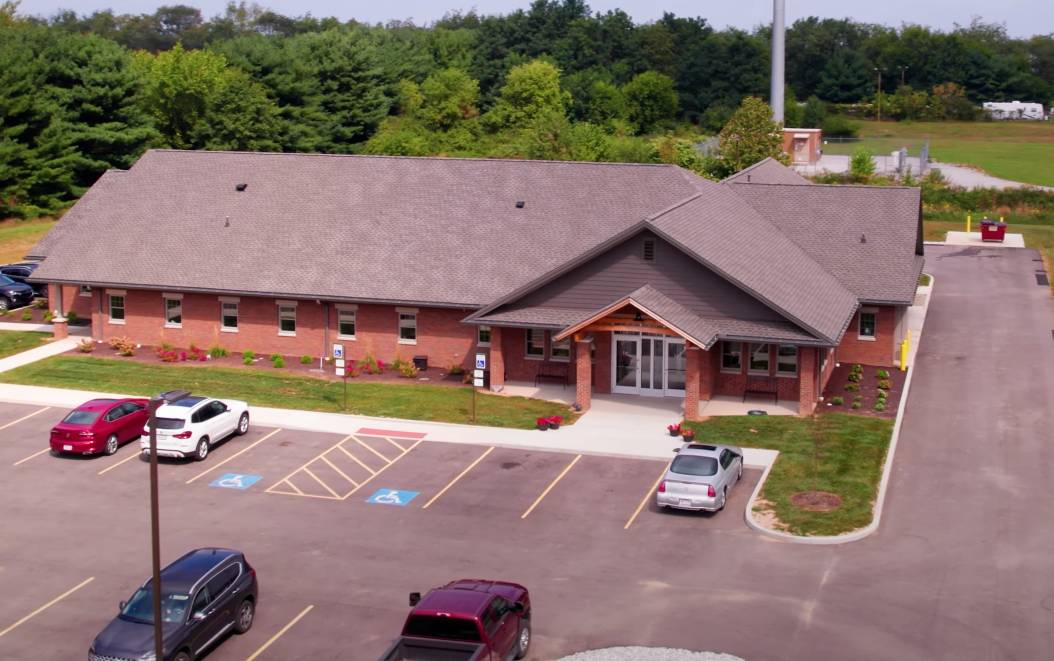Why Your Business Must Have an Effective Backup Data and Recovery Plan
When was the last time you backed up or tested your backup data? If you’re using a managed IT services provider, when was the last time your vendor tested your backups? If you’re not sure what the answers are, it’s time to take a look at your backup data and recovery plan and how well it’s being implemented. A backup data and recovery plan is crucial for businesses to restore their data to resume operations rapidly when a disaster strikes. However, many businesses don’t have one. And too often, when they do, it’s not integrated with their strategic emergency response plan.
Historically, many businesses have composed emergency responses heavily designed to address physical disasters. These plans often have detailed instructions about what to do in case of an active shooter or an earthquake. However, too often, these plans don’t include robust cyber incident response protocols. Moreover, managers often draw up these plans to address crisis response and post-incident assessment but omit or include incomplete business continuity plans. Business continuity plans detail how a business will resume and maintain operations in the wake of a physical or online disaster and should be a component of any strategic emergency response planning document.
When drafting a business continuity plan, it’s not only important that you determine how to bring people back into a worksite safely, but, in the event of a cyberattack or other online incident, that you restore your data-bearing systems as quickly as possible. If an intruder gains access to your network, your data and software applications could be encrypted or otherwise compromised. While you address the network intrusion, contact law enforcement, and take other pertinent steps, you must also be able to restore your systems from recently backed up data as quickly as possible. If not, your employees will sit idly by while production, sales, and revenue opportunities slip away.
Data loss from an attack or breach could spell the end of a business. According to recent research:
- 94 percent of businesses suffering from catastrophic data loss do not survive
- 43 percent do not reopen
- 51 percent close within two years
These are sobering statistics. But when you consider all the customer data, intellectual property, and other crucial information that can be lost, it’s not hard to see why organizational data loss can be fatal. However, by backing up your data and testing it regularly, you can minimize your risk and safeguard your business.
Backing Up Your Data
Ideally, you should back up your data in three places: locally on-site, on a server off-site, and on a third-party cloud computing server. When a disaster strikes at one site, you can easily retrieve data from one of the two other sites to start your operations back up. However, too often, businesses only back up their data in one location or fail to update it frequently. They’re then left scrambling to recover compromised data or left with obsolete or incomplete data that slows down operations. Businesses should also encrypt their backup data to secure it from hacking efforts.
If you use this multi-site approach, you must ensure that employees assigned to update your offsite servers manually are doing so regularly and correctly. You must also ensure that data backed up to the cloud is being done effectively with minimal data loss and without data synchronization errors. You also must ensure that your anti-virus and anti-malware applications remain up-to-date to avoid uploading corrupted data. Compromised backup data defeats the purpose of a backup data and recovery plan, so make sure that those managing the data transfers are properly trained to do the work.
Your business’s operational needs evolve. Over time, you’ll be capturing new datasets and formats, dealing with new regulatory requirements, or using new hardware or software. If your current plan is three years old, review it carefully, then update it accordingly. Take a look at it at least once a year and make sure it remains aligned with your current organizational needs.
Testing Your Backup Data
You also need to have robust testing provisions in your plan. The last thing you want is to retrieve backed-up data only to find out that it has been compromised or that your team cannot restore data access for other reasons. Backup testing should be automated and done regularly to maximize effectiveness. Minimally, you should simulate a complete failure at least once a year to test whether your systems can be quickly restored from backups.
Moreover, by regularly testing your back-ups, you’ll be better prepared to restore your systems quickly when a disaster occurs. You’ll want to establish a clear Recovery Time Objective (RTO), the time in which you intend to restore operations. Ideally, your RTO should be less than the downtime it takes for your business to start being impacted negatively in the wake of an incident.
As part of the broader emergency plan, you’ll want to establish clear responsibilities for each member of your data recovery team so that each person knows their role and can perform it quickly when called upon. Decision-making authority should also be clear so that one or a small set of individuals can determine the way forward when questions arise.
Businesses frequently assume that their IT support provider is regularly testing client data when they aren’t. And in a crisis, they realize they’ve got several servers full of compromised or months old data that makes it nearly impossible to restart operations. If you’re working with a managed IT services provider, establish a clear testing schedule, and make sure the vendor adheres to it. Have them document and show proof that they’ve done this work as well.
If you’re not sure your current backup data and recovery plan is enough to safeguard your business in the case of an emergency, we at Rea & Associates can help. We work with businesses throughout Northeast Ohio to provide managed IT support services and strategic IT planning and consulting support. We’ve worked with many local businesses to ensure they have the right backup and recovery plans in place and the right testing processes in place to ensure they’re working. If you’re looking for assistance safeguarding your invaluable business data, contact us today.




